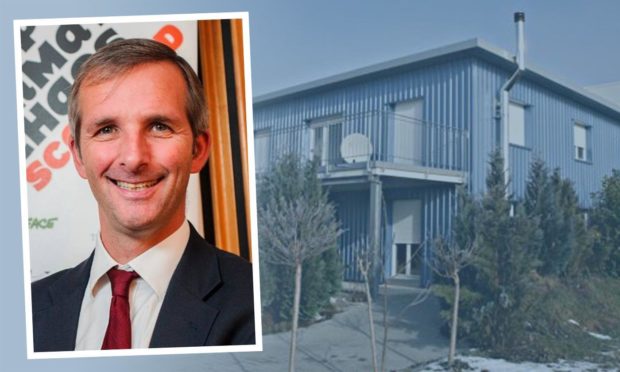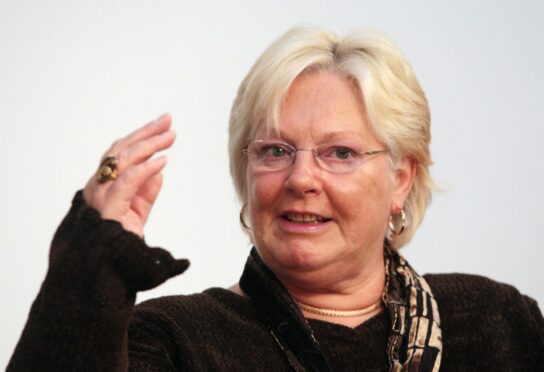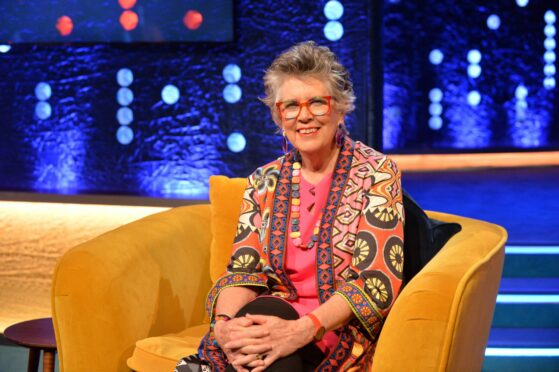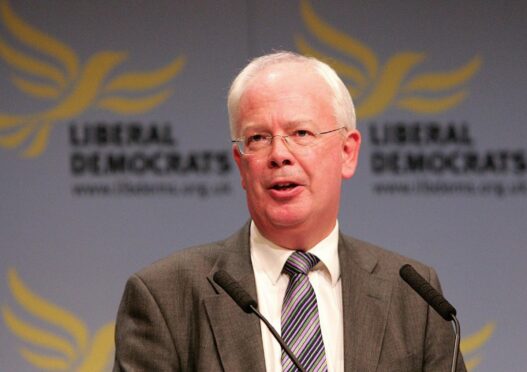Dying is one inevitability that comes to us all. But should we have the right to choose how and when this happens?
That is what Lib Dem MSP for Orkney Liam McArthur thinks.
He wants to bring forward new legislation to the Scottish Parliament to permit assisted dying for those who are terminally ill.
Here we take a look at the proposals, who’s for and against, and what might happen next.
Watch @Liam4Orkney talk about his proposed Member's Bill to allow terminally ill adults in Scotland to choose an assisted death ⤵
Find out how to share your views ➡ https://t.co/dg1cJSG1xC pic.twitter.com/6QNQq9LbJT
— Scottish Parliament (@ScotParl) September 23, 2021
What changes if assisted dying is legalised?
The Assisted Dying for Terminally Ill Adults (Scotland) Bill would introduce the right to an assisted death if you are terminally ill, but still mentally competent.
Before someone would be allowed to go through with an assisted death, they would need to meet a number of requirements, including having two doctors independently confirm you are terminally ill, have the mental capacity to agree to an assisted death, and are not being coerced or pressurised into it.
Clinicians would also have to make sure the patient is fully briefed on all other options, such as palliative or hospice care.
The person themselves would also have to administer the life-ending medication themselves, as it would remain a criminal offence for one person to directly end another’s life.
Those who want to see this introduced say it will give people the ability to choose to have a safe and compassionate death rather than enduring a prolonged and painful death.
Meanwhile those campaigning against it say it will undermine palliative care and the risks are too high.
What has happened in Scotland before?
This is not the first time Holyrood has looked at legalising assisted dying.
A previous assisted dying bill was brought forward by the late independent MSP Margo MacDonald in 2010.
She then died from Parkinson’s Disease in 2014 and co-leader of the Scottish Greens Patrick Harvie brought it back to parliament for a second time in 2015.
On both occasions Holyrood decided there were significant flaws in the bills and they were rejected.
Who supports assisted dying?
An open letter of support for Mr McArthur’s bill has already been signed by 12 cross-party MSPs, including Karen Adam, Ariane Burgess, Jackson Carlaw, Katy Clark, Rachael Hamilton, Patrick Harvie, Liam Kerr, Gillian Mackay, Rona Mackay, Fulton MacGregor, Lorna Slater and Paul Sweeney.
The Humanist Society Scotland has long campaigned for the right to an assisted death, and other groups such as Dignity in Dying Scotland and Friends at the End are supporting the bill.
Great British Bake Off judge Prue Leith also backs the campaign after her brother died from cancer, saying the experience had been “monstrous”.
The British Medical Association has also recently dropped its long-held opposition to assisted dying, but will now take a neutral position on the matter.
Who is against assisted dying?
Those who are against it often refer to assisted dying as “assisted suicide” and say it leaves vulnerable people open to abuse, coercion and exploitation.
Opponents include the group Care Not Killing, which takes in the Catholic Church and the Muslim Council of Scotland.
Michael Veitch, parliamentary officer at Care for Scotland, says there could be no adequate safeguards.
He says it will fundamentally alter the doctor-patient relationship, devalue disabled people’s lives, and undermine efforts to prevent suicide.
Jim Wallace, moderator of the General Assembly of the Church of Scotland and a former Lib Dem MSP, says the Kirk will oppose the bill as it represents “a crossing of the Rubicon” from which there would be no return.
And 175 healthcare professionals from the group Our Duty of Care have written to Health Secretary Humza Yousaf with their concerns about legalising assisted dying.
Others opposed to assisted dying include Jamie Szymkowiak, the SNP’s national disabled members’ convener, and Pam Duncan-Glancy, Holyrood’s first permanent wheelchair user MSP.
Where is assisted dying legal?
In the USA, assisted dying is an option in Oregon, Washington, Vermont, Montana, District of Columbia, California, Colorado, Hawaii, New Jersey, Maine and New Mexico.
The Australian states of Victoria, Western Australia, Tasmania and Queensland all allow assisted dying, and a bill for South Australia was approved by the Upper House in May – it has now passed to the Lower House for consideration.
It is also legal in Canada, and New Zealand is set to legalise assisted dying in November after a referendum last year, and an assisted dying bill is currently in the pre-legislative phase in Ireland.
The most well-known example of legalised assisted dying is probably Switzerland, which has allowed it since 1942.
Nearly 350 British people have ended their lives at the Dignatas clinic in Switzerland, although those who go with their loved ones risk prosecution when they return to the UK.
A private members bill on assisted dying in England and Wales has also received its first reading in the House of Lords after being brought forward by Baroness Molly Meacher – its full second reading will take place on October 22.
What is the difference between assisted dying and euthanasia?
Assisted dying only applies to terminally-ill people, and if someone chooses to go through with it they have to carry it out themselves.
Euthanasia on the other hand is the act of intentionally ending a life to relieve pain or suffering, for example if a doctor administers a lethal injection.
Some countries do allow people who are not terminally ill to receive assistance to die through euthanasia, such as The Netherlands, Belgium and Luxembourg.





